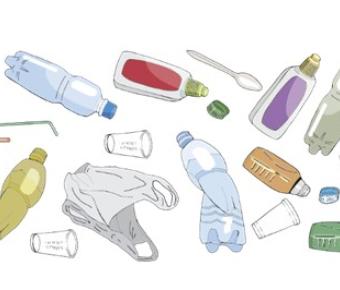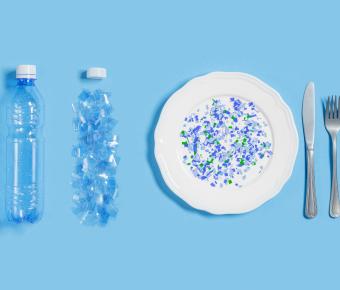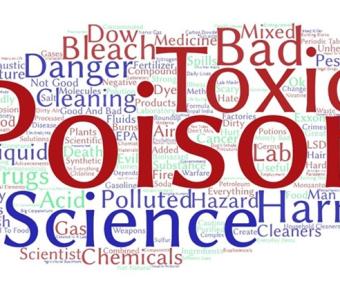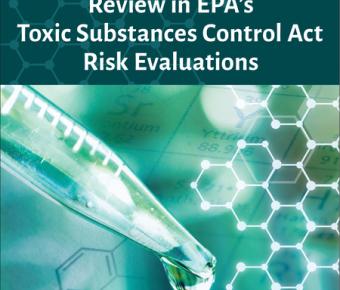To protect health, the Trump administration must cut ties to polluting industries and ensure scientific integrity in decision-making, scientists say.
A byproduct of fossil fuel production, petrochemicals are on the rise and exposures to these chemicals contribute to health problems, including cancer, according to an analysis in the New England Journal of Medicine, published March 6, 2024.
Scientists shed light on how microplastics in the environment are adversely impacting health and evaluated what governments have done to address the problem in the first report produced by the California State Policy Evidence Consortium (CalSPEC).
Researchers and physicians from the Occupational Safety and Health Administration (OSHA) and UC San Francisco have found that deaths of workers using methylene chloride paint strippers are on the rise. The solvent is widely used in paint strippers, cleaners, adhesives and sealants.
Scientists at UC San Francisco have detected 109 chemicals in a study of pregnant women, including 55 chemicals never before reported in people and 42 “mystery chemicals,” whose sources and uses are unknown.












